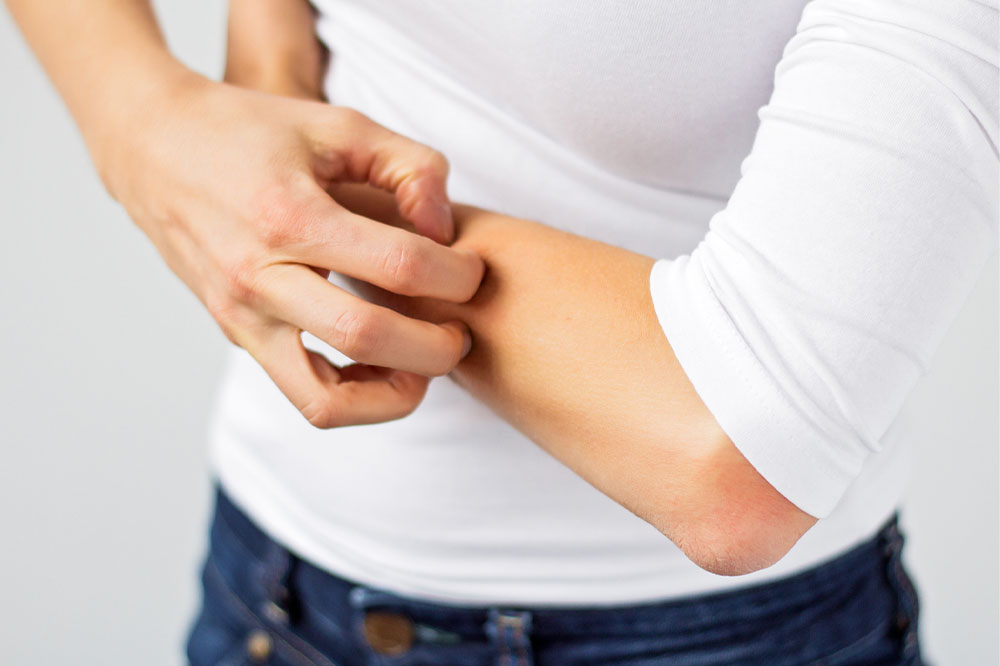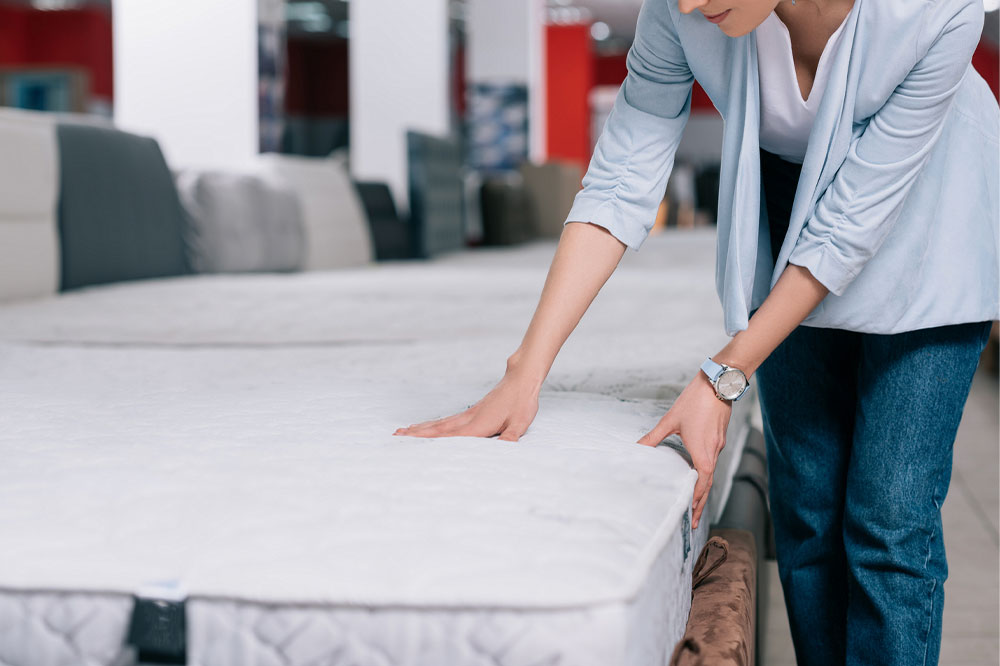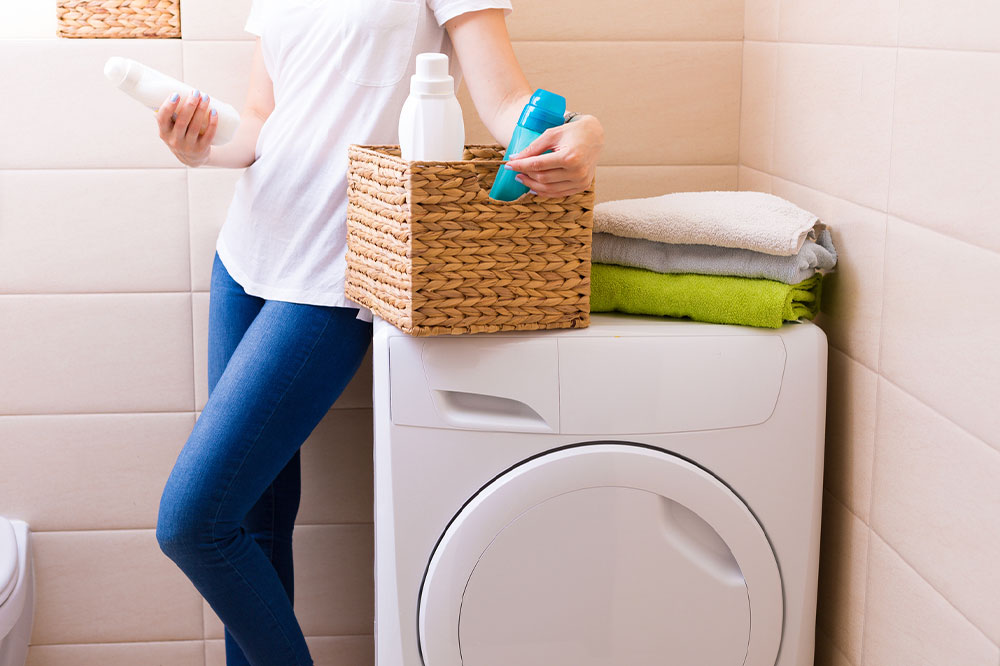Habits to Adopt and Avoid to Manage Eczema

Skin diseases such as eczema can affect people of any age. Dermatitis is another name for this inflammatory skin condition. There are many types, some of which can turn out bad. In a mild condition, the skin becomes hot, itchy, and dry; however, in a severe condition, the skin may get patchy, rough, and even bleed. The skin’s dryness is its primary issue. It is not contagious but can sometimes make you feel under-confident.
How widespread is eczema?
More than 31 million people in the country have an eczema skin disease. Eczema is more common in infants, affecting 10% to 20%. However, nearly half of all infants diagnosed with eczema improve significantly or outgrow the condition.
Eczema – Fact check
- Eczema does not spread.
- It is a genetic skin disease.
- Eczema affects baby girls more than boys.
- Winter is when eczema gets worse.
- Ninety percent of people with eczema are under the age of five.
What triggers the onset of eczema?
Constant itching, dry skin, and rashes are the first symptoms of eczema. These symptoms suggest that you were exposed to a trigger in your environment that started or exacerbated your symptoms. Identifying and avoiding environmental triggers can lower your risk of eczema flare-ups in the future.
Significant habits that aggravate eczema:
The most common triggers of eczema skin disease include the following:
Scratching
There is no denying that eczema causes severe itchiness. It’s hard not to scratch that persistent itch when you have it. Scratching until you bleed can sometimes result in an infection and worsen skin symptoms. And before you know it, you’ll be stuck in a cycle of itching and scratching. Therefore, try behavioral therapy focusing on habit reversal and relaxation techniques to break the itch-scratch cycle of this annoying skin disease.
Using hot water
A long, steamy shower might sound appealing. However, dermatologists warn that hot water dries out the skin, worsening skin disease symptoms. Instead of taking longer and hotter baths, take shorter but cooler ones. Your skin will be able to absorb more water without becoming dry if you give it a short daily soak in either cool or warm water. After you’re done, pat the skin dry with a towel and apply a hydrating cream or body lotion to lock the moisture in.
Stress
Scientists are attempting to learn about the connection between stress and inflammatory skin disease. Atopic dermatitis is not caused by emotional stress but can intensify the symptoms. Therefore, relieving stress is the key to lessening symptoms.
Using bubble baths, soap, and shampoo
These are three common forms of personal hygiene products that can irritate eczema skin. Eczema skin is already sensitive, and such items reduce the skin’s natural oils, which keep it moist. Use cleansers only as needed, and avoid bubble bath products to avoid drying out your skin and worsening your symptoms. If you use a cleanser, choose one with ingredients that won’t irritate your skin and will help repair the skin instead.
Wearing woolen or synthetic fabrics
Some fibers are more skin-irritating than others. Many synthetic fabrics are too abrasive against the skin, and wool is notoriously prickly. Wool and polyester are the two standard fabrics that are well-known to cause allergies and skin diseases. Being breathable and cool, cotton is typically recommended for bedding and wearing. Another fiber that soothes eczema is bamboo, and before wearing new clothes, wash them to remove any irritant chemicals.
Foods that can worsen your eczema
A few things you eat can worsen a skin disease like eczema, so it can be controlled if you avoid them.
- The phytic acids in soybeans prevent the colon from absorbing necessary minerals. All soy-based products should be avoided except for miso, tempeh, and tamari sauce.
- Limit or steer clear of artificial sweeteners due to the presence of chemical additives. The body cannot detoxify such substances found in them.
- Reduce your intake of dairy products like milk and cheese to control skin diseases. Use raw goat milk or cheese if you can’t live without it. Nut or rice milk are two other types of “safe” milk.
- Reduce your intake of hydrogenated oils and margarine. They have been enlisted as “plastic foods.”
- Stop eating foods that make acids for at least 90 days. The ideal meal plan should include 25% acidic and 75% alkaline foods.
Some good habits to adopt
Incorporating healthy habits into your daily routines can make all the difference to any skin disease. So, adopt them religiously. A few of these habits are:
Don’t overheat your room
This vital habit keeps the air from getting too dry, which makes skin even more fragile. Maintain a maximum temperature of 18 degrees Celsius even at night.
Clean your space every day
Make it a habit to clean your space daily to let in some fresh air. This keeps the air from getting too dry and makes specific allergens like mites and pollens less prevalent.
Do not use pillows, duvets, or carpets
It is so because they attract dust mites and trap dust. Linoleum, tile, or parquet should be your preferred flooring options if you suffer from eczema. Cotton or linen sheets, as well as anti-mite equipment, are advantageous when it comes to bedding.
Vacuum frequently
If the vacuum cleaner contains dust, animal hair, or mites, your skin will have fewer diseases.
Conclusion
Eczema is a widespread inflammatory skin condition and can last a lifetime. This skin disease may be more common in children, but most of them grow out of it by the time they hit adolescence. Nevertheless, a good skincare routine can help deal with the symptoms, regardless of age.
Since eczema is apparent differently in every individual, one can help prevent its flare-ups by avoiding triggers and following a healthy skincare routine. And meanwhile, there is no definite cure for it; people can treat and manage eczema by using natural home remedies, and moisturizers, and adopting healthy lifestyles. And while it can be frustrating to manage symptoms on your own, you can always develop a plan with your doctor and follow it to prevent flare-ups.


